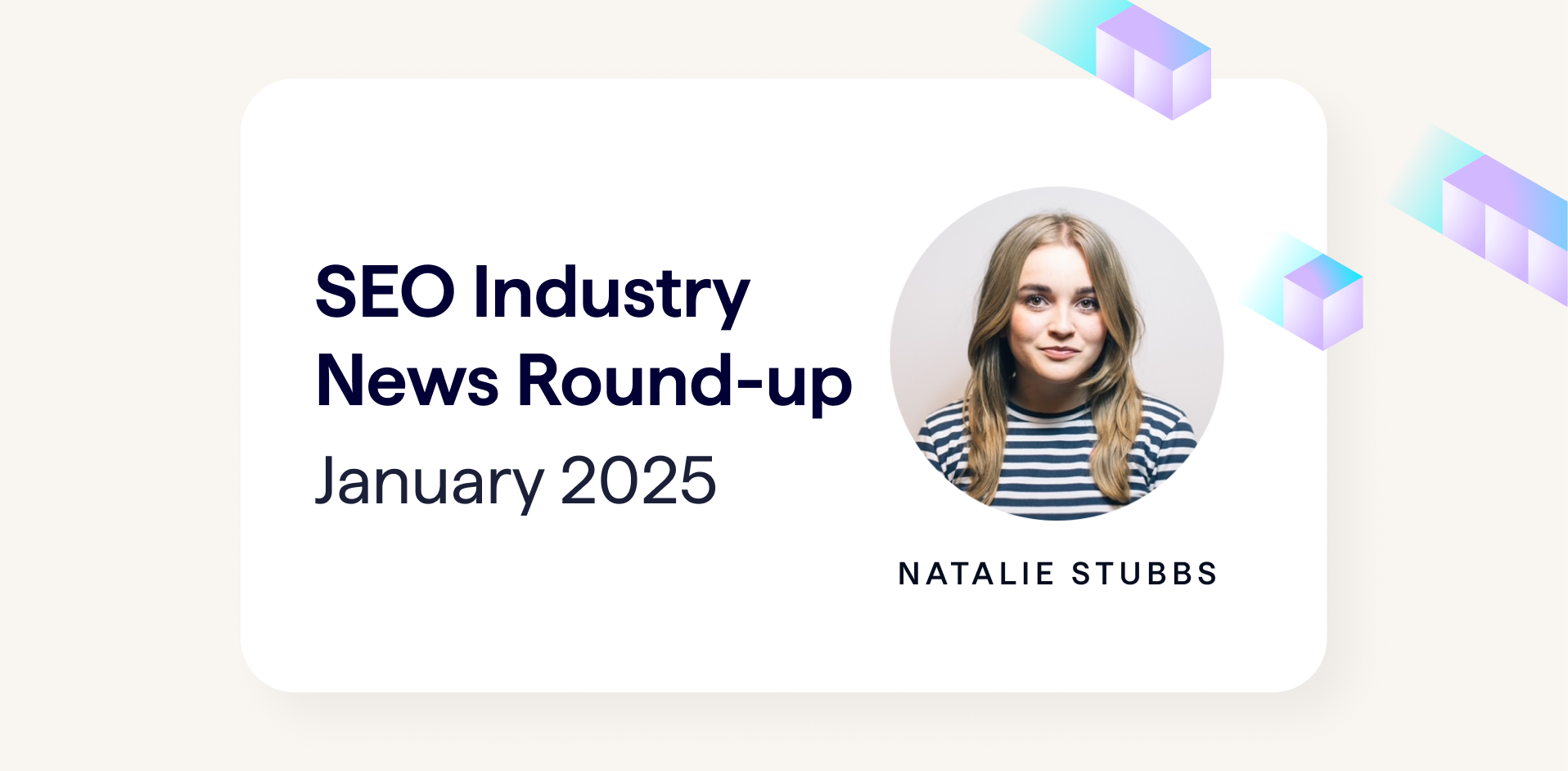Notes from the Google Webmaster Hangout on the 10th of July 2018.
Links Not Visible by Default Will Still Pass PageRank if They’re in HTML
Google will only process and pass PageRank for links that are in the HTML, which also applies to links not visible by default.
Google Differentiates Domains Even With Similar Names & Linking Profiles
If there are two domains with similar names, Google will be able to differentiate them even if they have similar linking profiles. So the algorithms won’t start to favour a site that is copying your domain and linking strategy, for example.
GSC New Performance Report & Old Crawl Errors Report Show Googlebot Data at Different Stages
The Performance report in the new Search Console shows the end of the pipeline of search analytics, taking into account errors that have been reprocessed. So this shows different data to the Crawl Errors report in the old Search Console which shows the unprocessed errors.
Google Primarily Uses RankBrain for Understanding New User Queries
RankBrain is a means for Google to understand user queries, especially new queries that have never been seen before.
A/B Testing During a Site Migration Can Delay Google Processing the Move
If you’re running large scale A/B testing during a site migration, this can confuse Google’s picture of your site and prevent it from running an algorithm to easily switch all of your URLs across to the new version.
Use a Crawling Tool to Assess & Compare a Site Before & After a Migration
Before launching a site migration, John recommends using a crawling tool to get a full picture of your site’s status and signals (such as internal linking, canonicals etc.) both before and after the migration to compare.
A Sitemap is the Best Way for Google to Quickly Process Noindex at Scale
Make sure the pages you’ve added a noindex tag to are included in a sitemap file with the last modified date to ensure Google picks these up as quickly as possible. Make sure last modified dates are realistic and aren’t the same for every page as this looks artificial to Google.
Google Can Ignore UTM Tracking Parameters in URLs
For URLs with UTM tracking parameters, Google will ignore the parameter and focus on the primary URL instead. Google will try to crawl UTM parameter URLs if they are linked to externally though, so use the parameter handling tool in GSC or the canonical tag in this instance.
Move Disavow File to Your Separate Mobile Site for Mobile-first Indexing
In the same way that you should move the disavow file across after a domain or HTTPS migration, you should upload the disavow file on your separate mobile site if it was previously uploaded just on your desktop site.
Google’s Indexing Systems Are More Patient With Rendering Than Live Testing Tools
When using Google’s testing tools for JavaScript rendering issues, you won’t get a truly accurate view of how Googlebot is rendering and indexing as the tools have a much stricter timeout limit to give webmasters quick results.
Meta Tags Can be Combined in One Tag
Meta tags can be combined rather than having to have each one on its own separate line e.g. content=”notranslate, nositelinkssearchbox”.
Google Doesn’t Have a Preference Between RSS Feeds & Google News Sitemaps
RSS Feeds and Google News sitemaps both work for Google and there is no preference between the two. The benefit of RSS feeds for webmasters is that there is no limit of URLs, whereas Google News sitemaps are limited to 1,000 pages.
A PWA is a Bigger Investment than AMP as a Solution for Improving Mobile Usability
AMP can be easily implemented if you have a modern CMS plugin to convert your pages. PWA implementation requires a lot of development work, largely based on complex JavaScript, to redesign a site. If both are too much work, focus on improving a responsive version of your site instead.
en-eu Hreflang Tags Aren’t Officially Supported Even Though They Can be Picked Up
Google has been able to pick up some instances of using the not officially supported ‘en-eu’ hreflang country code, but it isn’t used for anything. John doesn’t recommend using it.
Google Doesn’t Use Pogo-Sticking as a Ranking Factor for Specific Pages & Queries
Google analyses user data at scale for millions of queries to determine the success of algorithm changes. This means that rankings for a page at a query level won’t suffer if it experiences users pogo-sticking back to the SERPs.





